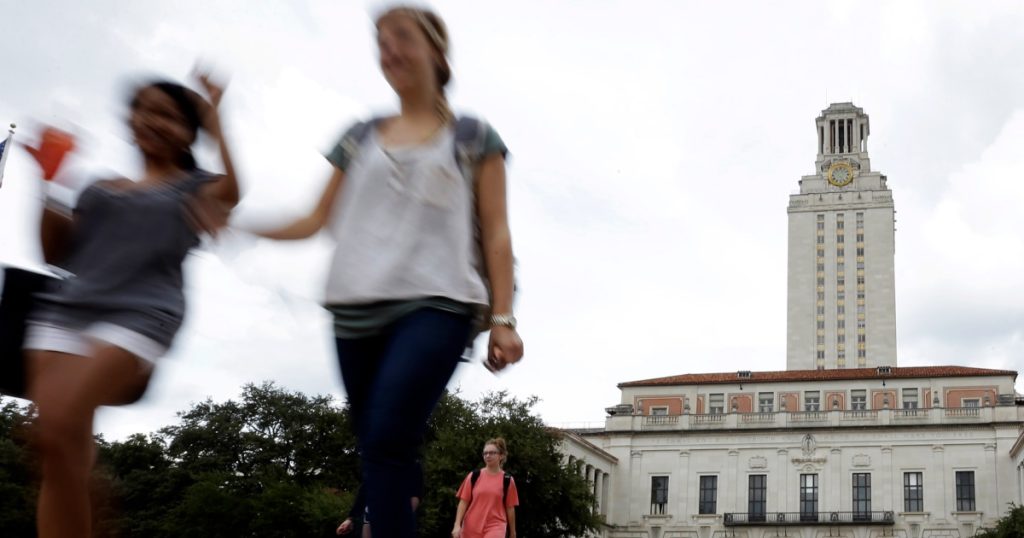Texas public universities have recently cut hundreds of jobs and eliminated numerous contracts, programs, and trainings related to diversity, equity, and inclusion (DEI) following a law signed by Republican Gov. Greg Abbott banning such programs on college campuses. Since the ban went into effect on January 1, the University of Texas system has cut 311 full- and part-time positions, as well as 681 contracts, programs, and trainings. Chancellor James B. Milliken stated that despite personal opinions on the law, it must be followed as it is the law. DEI programs have faced criticism from Republican politicians, conservative activists, and right-wing influencers, who view them as part of a larger “woke” culture that they oppose.
Educational leaders, including Milliken, were called to testify before the Texas Senate subcommittee on higher education to discuss compliance with the anti-DEI law, campus antisemitism, free speech, and other issues. Republican state Sen. Brandon Creighton expressed concern in a letter that some institutions were attempting to circumvent the law by renaming offices or employee titles. More than 30 states have introduced over 100 bills to restrict or regulate DEI initiatives, with Texas enacting one of the most sweeping anti-DEI laws in the country. Abbott signed the law last summer, leading to significant cuts and layoffs at the University of Texas at Austin’s Division of Campus and Community Engagement.
As a response to Republican-backed efforts to restrict DEI programs, Democratic lawmakers in some states have introduced bills aimed at supporting and strengthening DEI initiatives. The University of Texas at Austin’s decision to shut down its DEI-related roles led to student protests, with 200 students disrupting a faculty council meeting to voice their opposition. The debate over DEI programs and their importance in education continues across the country, with differing views on the necessity and impact of these initiatives on campuses.
The Texas Senate committee on education discussed various issues related to DEI compliance, campus antisemitism, and free speech in the wake of global events such as the Hamas attack on Israel and the war in Gaza. Republican lawmakers have been particularly vocal in their opposition to DEI programs, viewing them as divisive and unnecessary in higher education. The continued scrutiny of DEI initiatives and the debate over their effectiveness and implementation highlight the complex and contentious nature of diversity, equity, and inclusion efforts in educational settings.
The University of Texas system’s reduction in DEI-related positions and programs reflects a broader trend of cuts and restrictions on such initiatives in higher education institutions across the United States. The impact of these changes on campus culture, student experiences, and overall diversity and inclusion efforts remains to be seen. The ongoing debate between Republicans and Democrats over the necessity and impact of DEI programs in education underscores the deep ideological divides on social issues and cultural norms in American society today. The push and pull between opposing viewpoints on DEI initiatives will likely continue to shape the landscape of higher education policies and practices in the years to come.


